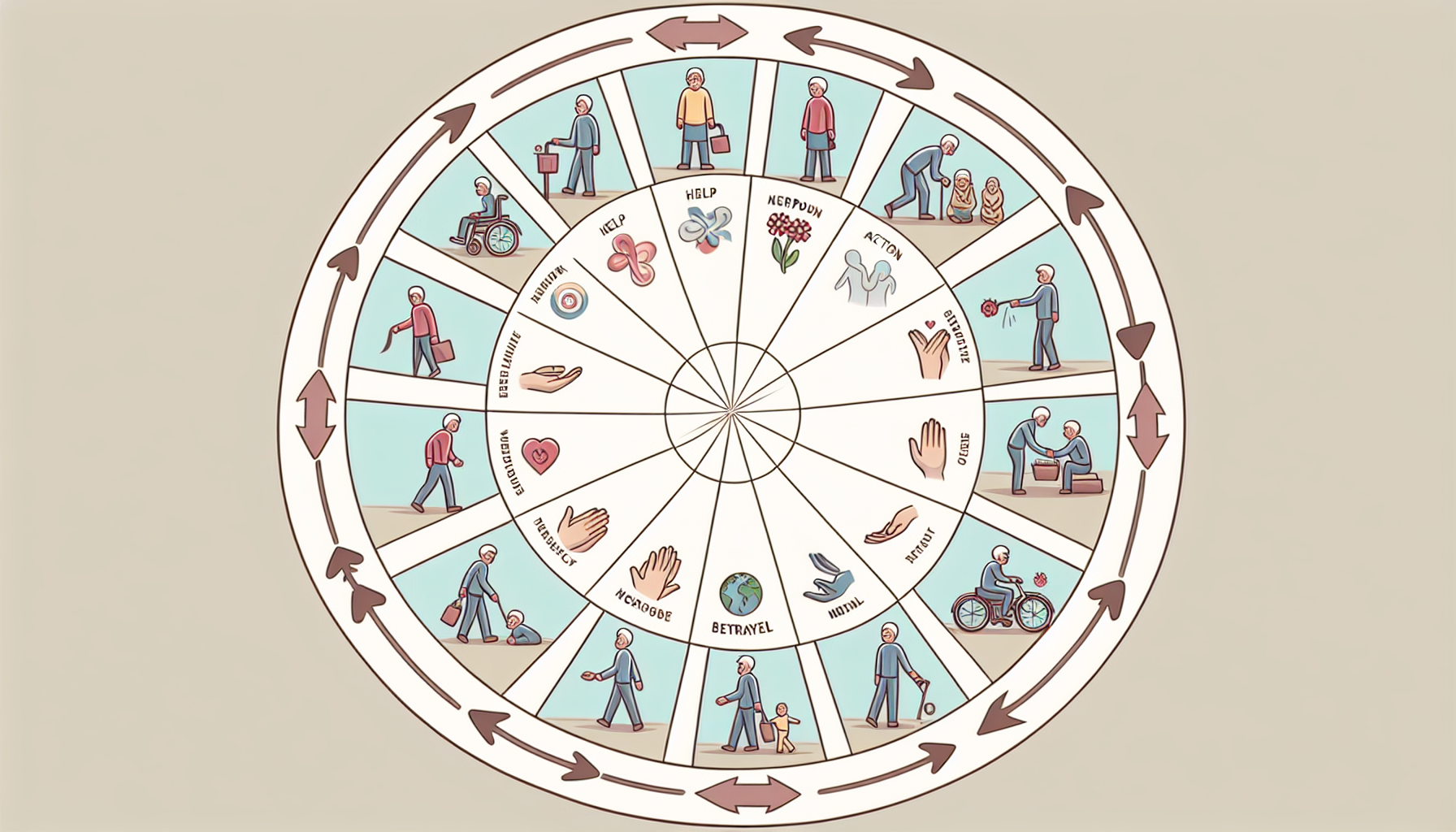The Heartbeat of Boston: Nonprofits Supporting Mental Health

Boston's nonprofit organizations are at the forefront of mental health advocacy. They work tirelessly to educate the public about mental health issues, aiming to dispel myths and reduce stigma. For instance, the Massachusetts Mental Health Association (MMHA) engages in community outreach programs that provide information about mental health resources and encourage open conversations about emotional well-being. Their campaigns often include workshops, seminars, and social media outreach, all designed to promote understanding and acceptance of mental health challenges. The National Alliance on Mental Illness (NAMI) Massachusetts also plays a pivotal role in advocacy. Their educational programs aim to empower families and individuals affected by mental illness, fostering a more informed and supportive community. By amplifying the voices of those living with mental health issues, these organizations work diligently to reshape societal perceptions and encourage empathy.
Support Services and Resources
Beyond advocacy, many Boston nonprofits provide crucial support services for individuals struggling with mental health issues. The Boston-based organization, The Samaritans, offers a 24/7 helpline for those in crisis, providing a listening ear and emotional support to anyone in need. This organization has been a lifeline for countless individuals, showing the importance of immediate mental health support. Additionally, The Boston Foundation funds various mental health initiatives, ensuring that resources are accessible to marginalized groups, thereby addressing disparities in mental health care. Their support extends to innovative programs that target specific populations, such as youth and the elderly, ensuring that no one is left behind in the quest for mental wellness.
Community and Connection
Nonprofits in Boston also focus on building community and fostering connections among individuals facing mental health challenges. For example, the Work, Family, and Mental Health Project creates support groups where individuals can share their experiences and connect with others facing similar struggles. These groups not only provide a safe space for discussion but also help participants develop coping strategies and build a sense of belonging. Moreover, organizations like The Boston Area Rape Crisis Center (BARCC) offer support to survivors of sexual violence, recognizing the deep and lasting impact such experiences can have on mental health. By creating a community of support, these nonprofits empower individuals to take charge of their mental health journeys.
Innovative Approaches to Mental Health Care
Boston's nonprofits are increasingly embracing innovative approaches to mental health care. Organizations like Boston Mindfulness offer programs that incorporate mindfulness and meditation into daily routines, helping individuals manage stress and anxiety. By incorporating evidence-based practices into their offerings, these nonprofits are not only enhancing the quality of mental health care but also making it more relatable and accessible to the younger generation. Additionally, nonprofits are utilizing technology to reach broader audiences. Teletherapy and online support groups have become essential tools for organizations like The Center for Trauma and Recovery, making mental health support more accessible during challenging times, such as the COVID-19 pandemic.
As Boston continues to navigate the complexities of mental health, the contributions of nonprofit organizations remain indispensable. Through advocacy, support services, community building, and innovative approaches, these organizations are not only addressing immediate needs but also fostering a culture of understanding and acceptance around mental health. Their efforts are crucial in ensuring that individuals from all walks of life have access to the resources and support they need to thrive. In a world where mental health is often overlooked, Boston's nonprofits stand as a beacon of hope, reminding us that compassion and community can make all the difference. Through their unwavering commitment, these organizations help to weave a supportive fabric within the city, creating a healthier future for all Bostonians.
Mental Health Program Coordinator
Massachusetts Mental Health Association, The Boston Foundation, The Samaritans
Core Responsibilities
Develop and manage community-based mental health programs aimed at diverse populations, ensuring accessibility and effectiveness.
Collaborate with stakeholders, including mental health professionals, community leaders, and beneficiaries, to tailor services to specific community needs.
Monitor program outcomes and prepare reports for funding agencies and organizational leadership.
Required Skills
Strong understanding of mental health issues and community resources.
Excellent communication and interpersonal skills for effective outreach and collaboration.
Experience in program evaluation and grant writing.
Crisis Intervention Specialist
The Samaritans, NAMI Massachusetts, and other local crisis centers
Core Responsibilities
Provide immediate support and intervention to individuals experiencing mental health crises, both over the phone and in person.
Assess client needs and develop safety plans while maintaining a supportive and non-judgmental presence.
Facilitate referrals to mental health services and follow-up to ensure clients receive ongoing support.
Required Skills
Strong crisis management and de-escalation techniques.
Knowledge of local mental health resources and legal requirements.
Empathy and active listening skills to effectively support individuals in distress.
Mental Health Awareness Campaign Manager
Boston Mindfulness, NAMI Massachusetts, and local health advocacy groups
Core Responsibilities
Design and execute public awareness campaigns focused on mental health education and stigma reduction.
Utilize social media, community events, and educational workshops to engage the public and promote mental health resources.
Measure the impact of campaigns through surveys and community feedback to improve future initiatives.
Required Skills
Experience in marketing, public relations, or communications, particularly within the nonprofit sector.
Creative problem-solving skills and a passion for mental health advocacy.
Proficiency in digital marketing tools and data analysis.
Community Outreach Coordinator
The Boston Area Rape Crisis Center (BARCC), The Depression and Bipolar Support Alliance (DBSA), and other nonprofits
Core Responsibilities
Build and maintain relationships with community organizations, schools, and healthcare providers to promote mental health services.
Organize workshops, informational sessions, and support groups to raise awareness and provide resources to underserved populations.
Collect and analyze community feedback to inform program improvements and outreach strategies.
Required Skills
Strong networking and relationship-building abilities.
Familiarity with mental health resources and issues affecting specific demographics.
Excellent organizational and event planning skills.
Telehealth Mental Health Therapist
The Center for Trauma and Recovery, online mental health platforms, and local nonprofits offering virtual services
Core Responsibilities
Provide remote therapy sessions using telehealth platforms to clients experiencing mental health challenges.
Develop individualized treatment plans based on client assessments and ongoing evaluations.
Stay informed about the latest telehealth best practices and tools to enhance client engagement and outcomes.
Required Skills
State licensure as a mental health counselor, social worker, or psychologist.
Proficiency in using telehealth technology and maintaining client confidentiality.
Strong therapeutic and communication skills to foster trust and rapport in a virtual setting.


